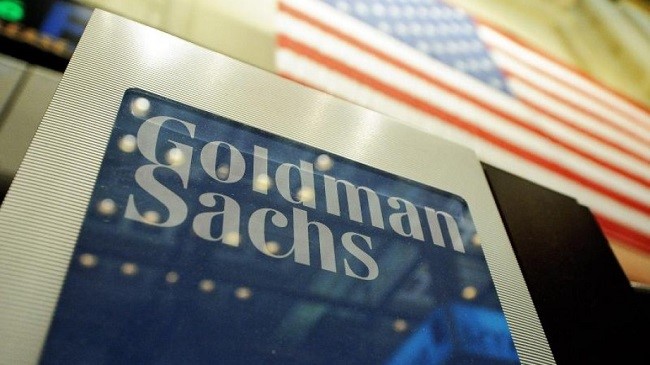Goldman Sachs suggested the OPEC countries would freeze the oil production in September

Members of OPEC and other oil-producing countries may enter into an agreement to freeze production, suppose Goldman Sachs analysts. But they warn that the deal will be counterproductive for the cartel.
OPEC countries and oil producers outside the cartel may agree on freezing oil production at an informal meeting in September, as analysts at Goldman Sachs believe. But they warn that the production freezing itself may not lead to a restoration of the balance in the oil market, since it will keep production at a record high level, reports Bloomberg.
According to analysts, a possible freeze in production may be "counterproductive" for OPEC, if it leads to further price rise and increased supplies by other producers. More effective for restoring the balance in the oil market would be the settlement of conflicts that affected production in certain regions, as noted the report of the bank, August 22. The possible conclusion of the agreement after the failure of previous negotiations, say analysts of Goldman Sachs, will demonstrate the new oil minister of Saudi Arabia readiness for cooperation. At the same time, they doubt that Saudi Arabia and Iran will agree to a unilateral freeze of oil production, as both countries continue the struggle to maintain and increase their share of the oil market under the continued growth in demand for oil.
Previously, The Wall Street Journal citing experts, warned on the possible destruction of the balance in the oil market due to the return of oil shale producers. The return of WTI oil prices to $50 per barrel makes operation on shale fields profitable, and experts questioned by WSJ worry that the increase in production will break the oil rally.
During the bidding on the ICE on Tuesday, the price of a barrel of Brent oil for the first time since August 17 dropped below $ 49. At a minimum, the price reached $ 48.51, which is 1.32% below the level of auction closing on August 22.